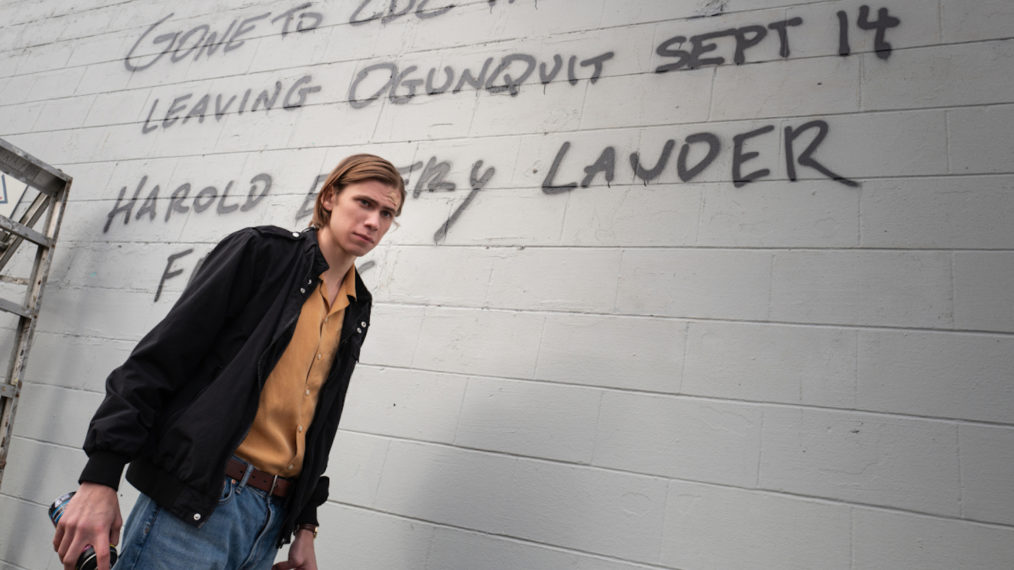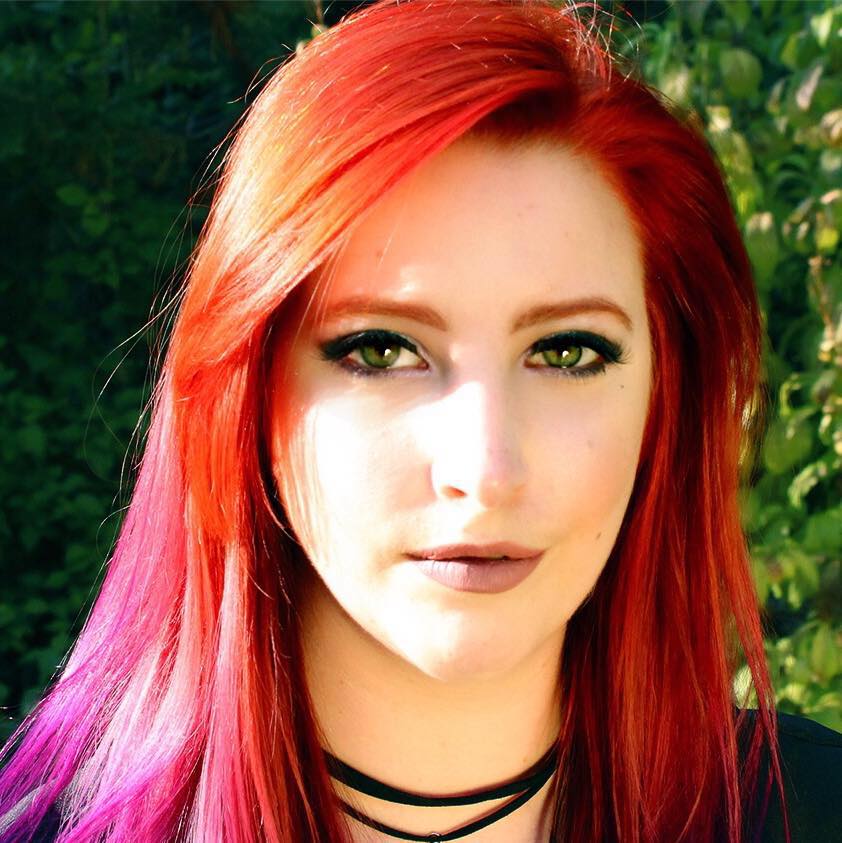First thoughts on CBS All Access' 'The Stand' mini-series
That non-linear format is rough, but there's still stuff to love here.

The latest updates, reviews and unmissable series to watch and more!
You are now subscribed
Your newsletter sign-up was successful
Want to add more newsletters?

ONCE A WEEK
What to Watch
Get all the latest TV news and movie reviews, streaming recommendations and exclusive interviews sent directly to your inbox each week in a newsletter put together by our experts just for you.

ONCE A WEEK
What to Watch Soapbox
Sign up to our new soap newsletter to get all the latest news, spoilers and gossip from the biggest US soaps sent straight to your inbox… so you never miss a moment of the drama!
The below is a first look at early episodes of The Stand and not indicative of the series as a whole. It is spoiler free.
The Stand is a difficult piece of source material to adapt. There is a lot to get through, whether you’re looking at the original iteration of the novel or the even longer edition King put out when he was successful enough to no longer be pushed around by editors who thought it needed to be shorter. CBS All Access is the most recent network to take on the challenge of putting together a mini-series based on the story. While individual reviews of the episodes remain under embargo until the day-of release (yes, we’ll be covering!) we are able to give you a bit of first impression commentary on the series before it airs. Of course, this will be without spoilers, so do with the information below as you will.
The biggest thing you need to know about CBS All Access’ The Stand is that it occurs in a non-linear format – at least early on. As mentioned, there’s a lot to get through in the series. Because of that, I want to be understanding of what led them to this non-linear choice. However, it really doesn’t work to their benefit. Even after re-reading this year, there were times in early episodes that I had a difficult time understanding why we were seeing what we were seeing when we were seeing it. For context: one moment you’ll be witnessing Chapter 1 material, and the next we’ll be amidst events that don’t take place until Chapter 52. If I found that daunting as someone familiar with the novel, I can’t imagine how a first-time viewer is going to take to it.
Don’t take that as dedication to the source material, either. The Stand might be one of Stephen King’s masterpieces, but it’s also too long and hugely problematic in the current day. It was written thirty years ago, so that’s not a shot on King. It’s more making it clear that it’s in no way some untouchable darling. Adaptations make changes – it’s their job. But the non-linear format is not a change that benefits this show in any capacity.
The series struggles a little bit with the ole “show don’t tell” early on. Whether that’s because of creative choices or individual performances is unclear, but there are moments where I found myself questioning whether or not certain characters were told they were in the middle of the apocalypse. Though, again, these thoughts are only indicative of what we see in early episodes of the show. It’s perfectly possible those with little emotional response early on have complete emotional breakdowns before it’s all said and done! The first episode of the series, “The End,” struggles from this pitfall the most.
Those who are familiar with the novel will notice some updates to old characters. Again, these folks were written thirty years ago and could use being dragged into this century. Many of the changes are either innocuous or inoffensive, some are a big benefit to the story and modernization of the material, and there are one or two that are, well… a little frustrating. We’ll dive into that more in our individual reviews.
One of the things that The Stand does best is illustrating just how much this virus is a thing that you don’t want to get. Captain Trips was gnarly when we read about it, and it’s even gnarlier on screen. Symptoms are basically like your run of the mill flu on steroids. Y’know, except for the part where your throat swells up to the size of a bullfrog’s and then you either die in your own snot or cook yourself until your brain turns off. Benjamin Cavell mentioned that he’s never seen The Stand to be about a pandemic in a recent virtual panel discussion. But make no mistake – this is still a show about a pandemic. If that’s going to jar you in our current times, you might want to hold off. But don’t do so without also understanding what else the series is about. (Because we can have shows about two things, as a treat!)
The latest updates, reviews and unmissable series to watch and more!
It is, of course, a matter of opinion. But The Stand has always been a novel about both a pandemic and a battle of good vs. evil. The first is a catalyst to lead to the question of how humanity will respond in the face of no more structure or government telling them what they must legally do, sure, but the pandemic itself is still important to the overall narrative and not just a springboard to the climax. All the same, that battle of good vs. evil will hopefully be enough for those who are jarred by the idea of a pandemic series to stick around. There’s a lot of hope to be found in this story, even if it is shrouded in an aggressive amount of despair and phlegm.
That takes us to the bottom line, I suppose. Should you watch it? Yeah. I think if you can get past some of the obvious parallels to our current situation (parallels that existed in King’s book 30 years ago, I’ll point out), then it’s worth checking out. There is something here for both long-time fans and those with absolutely no knowledge of the source material. The time hops are jarring, and will likely remain hugely divisive among viewers. However, if those and some character complaints are all I’ve got early on, there’s really no reason for folks to not give it a try if they’re interested. I know I'll continue to tune in!
The Stand will premiere on CBS All Access on Thursday, December 17th.
Amelia is an entertainment Streaming Editor at IGN, which means she spends a lot of time analyzing and editing stories on things like Loki, Peacemaker, and The Witcher. In addition to her features and editorial work, she’s also a member of both the Television Critics Association and Critics Choice. A deep love of film and television has kept her happily in the entertainment industry for 7 years.


